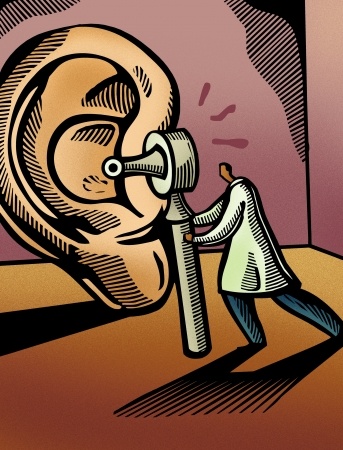During my zookeeping and environmental education career, I have interacted and worked with a variety of animals, including brown bears, wolverines, red foxes, moose, camels, mountain goats, dolphins, sea lions, raccoons, porcupines, snakes, raptors and ravens. I am also a young adult author, and my debut novel ESSENCE was released in June 2014 by Strange Chemistry Books. Ask me anything!
Hi Potato, and thanks so much for the question. The best part for me--hands down--is the relationships I have been able to form with the animals in my care. Outsiders don't often realize animals have preferences for different keepers just like we have preferences for different animals. To me, there is no better feeling in the world than when an animal you love "chooses you," too.
The worst part, unfortunately, is the salary. You have to be prepared to sacrifice a LOT in order to work as a zookeeper in the long-term. Either that, or you need to work a second job or rely on some financial support from your spouse or family.
Hi again, Milan! The amount of time you get to bond with your animals and do enrichment definitely varies by day, by animal, and by shift. Sometimes, you finish all your husbandry duties early and have lots of time for training and enrichment. Other times, you are so busy making sure everyone is fed, cleaned, watered and healthy that you barely have time to breathe. (Thankfully, everything is fairly cyclical, so the "good" days definitely outnumber the "bad!")
Hi Erica! ANY of those majors would be a great foundation for a career in zookeeping, so I would suggest choosing the one that personally interests you the most. Best of luck to you!
Hi Burnett Bulldogs, and good luck with your project! Some facilities serve as rehabilitation centers, which means the animal will only stay at the facility for a certain amount of time (while healing from an injury, for example) before being released back into the wild. Other facilities provide permanent homes for animals that have been deemed "unreleasable." This means the animal was either born in human care, orphaned or permanently injured in such a way that the animal isn't capable of surviving on its own out in the wild. These animals will remain in human care for the duration of their lives, and their zookeepers will work hard to ensure they receive the best possible, nutrition, veterinary care, exercise and opportunities for "fun" in the form of environmental enrichment, toys, games, puzzles, etc.
Please let me know if you have any more questions. I'm happy to help!
CBP Officer
 Do you catch less marijuana at the border now that it's being decriminalized in some States?
Do you catch less marijuana at the border now that it's being decriminalized in some States?
McDonald's Manager
 Were you proud or embarrassed to tell people you worked at McDonald's?
Were you proud or embarrassed to tell people you worked at McDonald's?
Audiologist
 How come people with hearing aids still can't seem to hear?
How come people with hearing aids still can't seem to hear?
-OR-
 Login with Facebook
Login with Facebook (max 20 characters - letters, numbers, and underscores only. Note that your username is private, and you have the option to choose an alias when asking questions or hosting a Q&A.)
(A valid e-mail address is required. Your e-mail will not be shared with anyone.)
(min 5 characters)
By checking this box, you acknowledge that you have read and agree to Jobstr.com’s Terms and Privacy Policy.
-OR-
 Register with Facebook
Register with Facebook(Don't worry: you'll be able to choose an alias when asking questions or hosting a Q&A.)